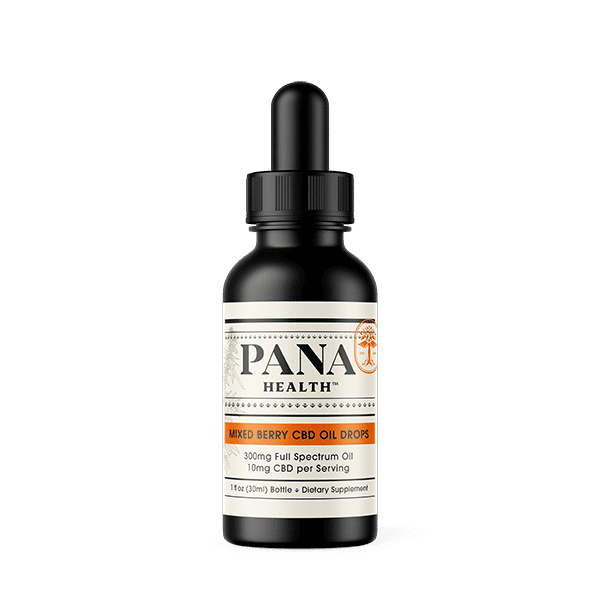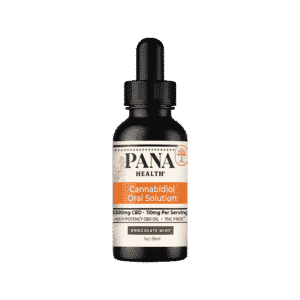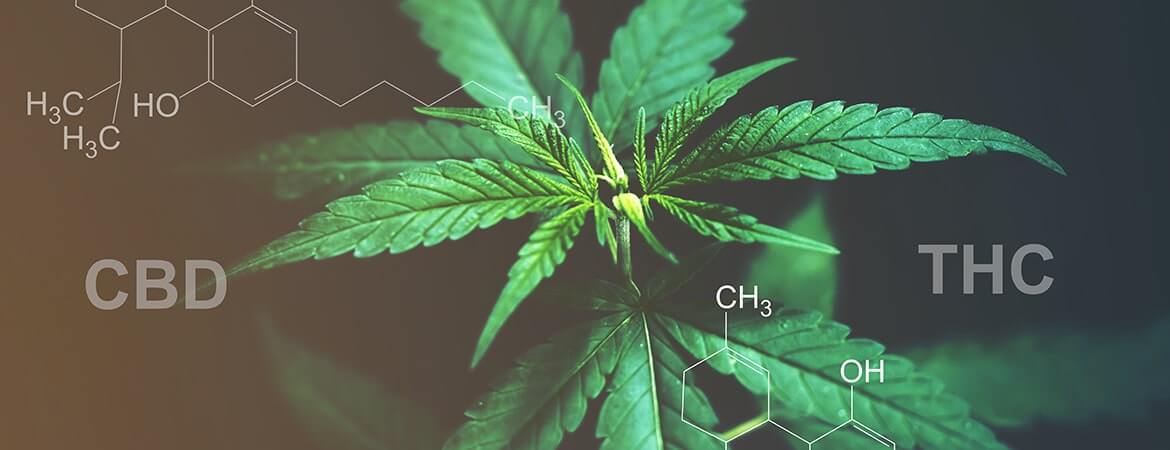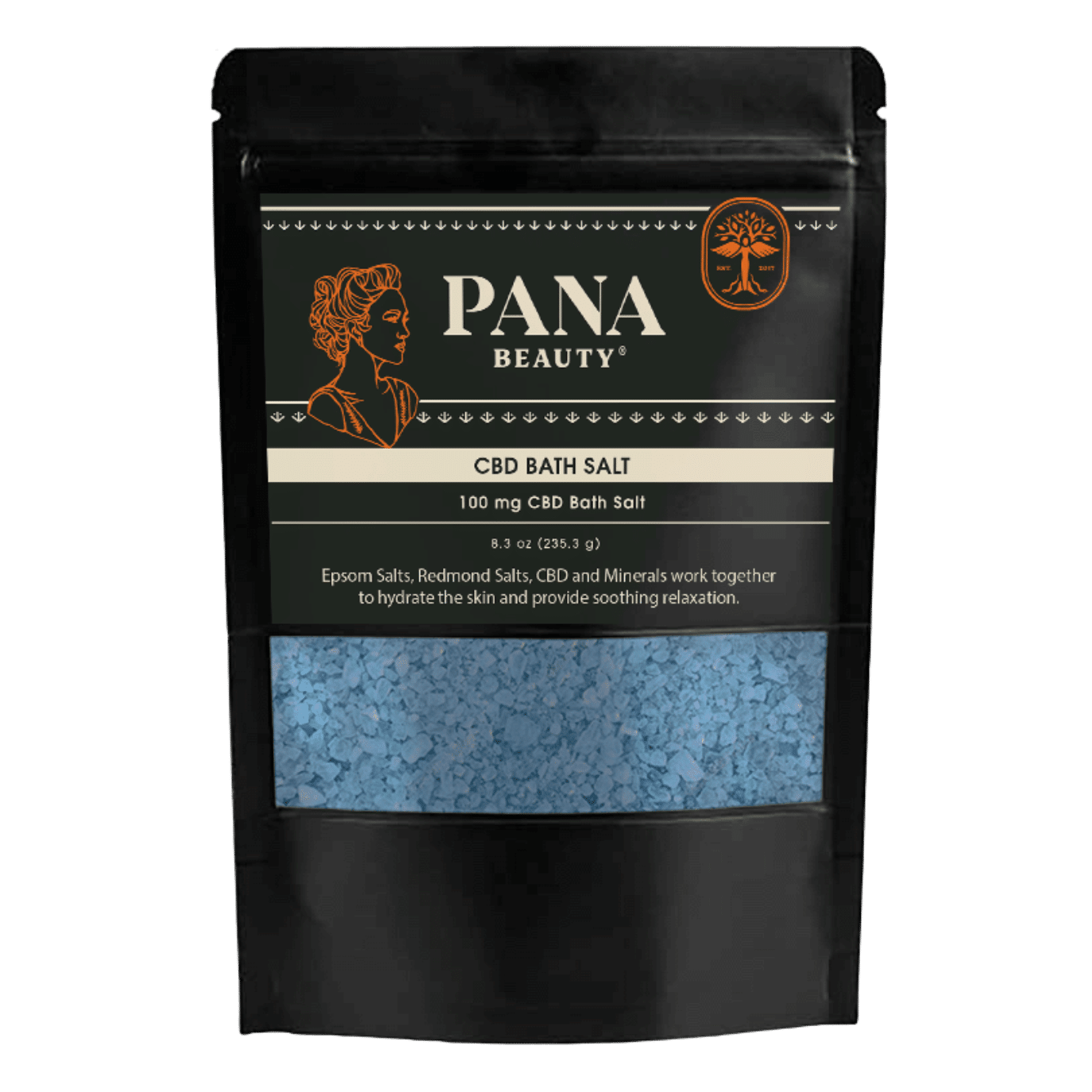You have no doubt read many of the articles that have been appearing in recent years about the use of Cannabidiol, or CBD. The cannabis-based products hit the headlines recently with a host of celebrities revealing they use it, with everyone from Olivia Wilde to Morgan Freeman praising the benefits taking CBD oil and CBD capsules offer when it comes to helping to relieve pain. A recent study by Gallup revealed that currently, one in seven Americans, or 14% of the population, are using CBD based products as part of their day-to-day routine.
In December 2018, the 2018 Farm Bill outlined that CBD is no longer considered a controlled substance. Usage of CBD has increased steadily throughout 2019 – but could it really help with pain relief?
How does it work?
CBD is one of the many chemical compounds that is found in the hemp plant. Industrial Hemp contains both CBD and THC; however, unlike the THC compound, CBD will not get you high. Industrial hemp strains have been developed that are rich in CBD and very low in THC. THC is what causes the ‘high’ provided from smoking the plant while CBD is not psychoactive. All CBD products are produced by extraction from the hemp or cannabis plant. There are multiple different methods surrounding extraction technologies. However, all focus on generating CBD rich oil, which is then formulated with bases such as coconut oil or fish oil.

While hemp contains more CBD than THC, marijuana also does contain both chemicals.
Marijuana has been used for centuries to manage conditions and reduce pain in patients –and National Geographic found that Siberian burial mounds from 3000 B.C. contained seeds from the plant. Cannabis has been featured in Chinese medicine for over 1800 years. The possibility of using the plant or plant extracts to alleviate a variety of conditions, including pain, is not a new concept.
Our bodies contain an endocannabinoid system that receives signals from cannabinoids that our bodies naturally produce, but are also created by the plant. These signals attach to a number of receptors and enzymes involved in pain sensation, including two receptors, known as CB1 and CB2. CB1 receptors are found throughout the body but are predominantly in the brain and help deal with coordination, movement, pain, emotion, mood, appetite, and your memories. CB2 receptors, on the other hand, are predominantly found in the immune system and help to control inflammation and pain.
The psychoactive THC compound attaches itself primarily to the CB1 receptor, giving the high effect typically associated with smoking cannabis, while CBD affects the CB2 receptor, encouraging the body to make more of the cannabinoids associated with it. The CB2 receptor association is one of several mechanisms that CBD exerts an anti-inflammatory response in the body, which may lead to direct or indirect analgesic effects.
What are the uses of CBD?
Pain reduction
Because there are limited alternatives to treat pain, either ineffective over the counter medications or much stronger opiate medications, chronic pain sufferers are exploring the use of CBD as a possible alternative to help with modulating pain.
The European Journal of Pain conducted a study on a collection of rats who showed signs of arthritis, whereby each rat had CBD gel applied to the affected areas every day. Within four days, there was a noticeable drop in the inflammation, as well as measurements that the pain had reduced too. More importantly, however, was that there were no signs of any side effects.
There have been other studies examining CBD effects in autoimmune diseases such as Multiple Sclerosis. An approved pharmaceutical preparation named Sativex (Nabiximols) utilizes a 1:1 ratio of CBD and THC for treating those with Multiple sclerosis muscle spasm pain.
There have been various studies undertaken that reveal that CBD products may help to alleviate symptoms of all types of chronic pain, from migraines to muscle aches. Not only that, though, there have been many other reported benefits of regularly taking CBD. Some great additional information can be found here regarding an assessment done by Shafik Boyaji, Justin Merkow, R.Noel M Elman, Alan D Kaye, R.Jason Young, and Richard D. Urman surrounding this idea.
Stress
One usage for CBD is to manage the stress and anxiety that many people see on a daily basis. Doctors advise against taking THC when experiencing anxiety due to its psychoactive properties. CBD, on the other hand, may help to reduce the feeling in people who experience it. Studies have even revealed that CBD may help to reduce the symptoms most commonly associated with depression.
Other wellness benefits
Just as it helps those who have Multiple Sclerosis, CBD has been shown to reduce seizures in drug-resistant epileptic patients. A study from the New England Journal of Medicine revealed that the frequency of seizures in those taking CBD decreased compared to those taking the placebo. CBD’s anti-seizure properties have been shown through clinical trials and have resulted in an FDA approved CBD drug, Epidiolex, for these patients. As an aside, CBD has also been shown to reduce seizure activity in Dogs.
CBD has also been studied in regards to helping reduce skin inflammation, such as acne. This painful and often embarrassing condition seriously affects 9% of adults in America.
How long does it take for the benefits to take effect?
There is no set time frame when it comes to CBD taking effect in your body; it all depends on the strength and method of ingestion. Typically, most people will either administer CBD via a soft gel or CBD topical cream.
Most companies should provide you with estimated dosages with their product label, so it is essential to follow these guidelines in the same way you would any new supplement. Some people claim to notice benefits within minutes while others require a few days or weeks before they start to recognize noticeable improvements in the reduction of pain and growth of their health.
While CBD products have been proven to be safe, if you are on any other supplements, it is wise to check with your doctor first.
Are there any side effects?
Typically, there are very few side effects to worry about when it comes to taking CBD. For someone seeking a standard low dosage amount, they will rarely see any side effects.
Some researchers have suggested that CBD oil and capsules may cause mild side effects such as:
- Change in appetite
- Diarrhea
- Dizziness
- Drowsiness
- Dry Mouth
- Nausea
May the use of CBD products really help?
There have been numerous scientific research studies conducted in recent years to suggest that using CBD products may significantly help to reduce the pain and inflammation of various chronic diseases. CBD products may also help with multiple aspects of your wellness that include improvement of mental well-being, improving skin health, and supporting heart health
Research on further potential health benefits is ongoing, so as more scientists complete their studies, then we are sure to discover even more ways CBD may help improve our well-being.














